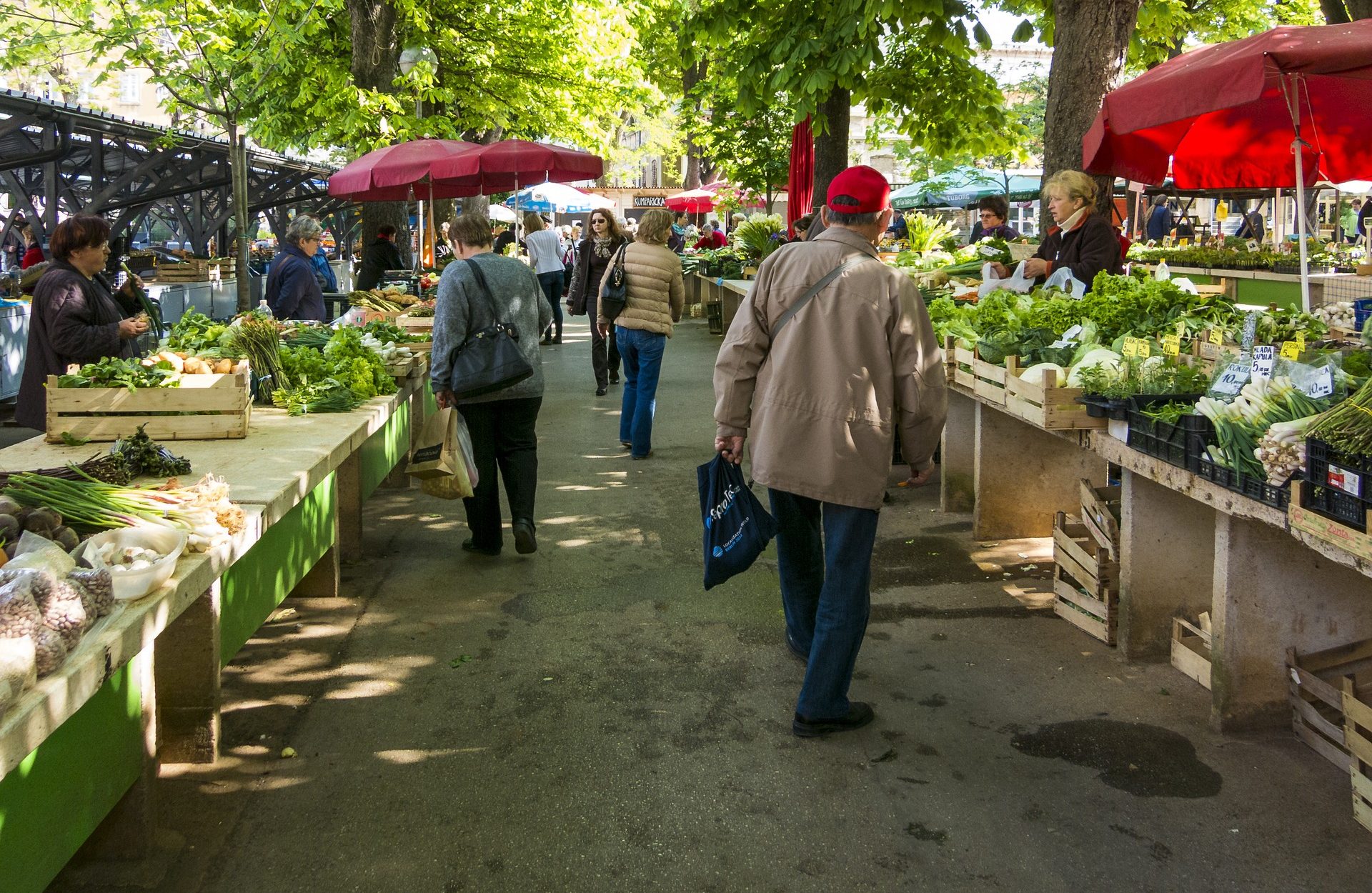In the second part of our special edition on food poverty and food aid, we explore the increasingly complex web of initiatives and organisations that are trying to tackle the problem of hunger in the United Kingdom.
In Looking Beyond the Food Bank, Lewis Smith interviews Simon Shaw who works for Sustain, an “alliance for better food and farming”. Sustain campaigns to improve the fairness and sustainability of the food system for both producers and consumers. Simon leads Sustain’s work on food poverty. Here, he talks about Sustain’s wide-ranging work, including a recent project which encourages local authorities in London to step up and play a more active role in tackling food poverty. Simon argues that by supporting initiatives such as children’s centres, meals on wheels and Healthy Start (a voucher scheme supporting families on low incomes to access fresh fruit and veg), local authorities can offer a more effective response to food poverty than food banks.
Lewis and Simon also discuss some of the different community-led approaches to food poverty that have emerged recently, and talk more broadly about issues of choice, healthy eating, rights, and the need for a proper measure of food poverty to be introduced in the UK.
One of the initiatives that Simon talks about is Community Shop. And in Gin and Skinned Rabbits, Gary Stott and Clara Widdison from Community Shop tell us more about their organisation. They explain how it operates to “bring surplus food to families in deprived communities, selling it at deeply discounted rates and reinvesting the profit into individual and community development”.
Gary and Clara also look at how food culture in Britain has changed within living memory, and argue that these changes are also a part of the story of food poverty in Britain. They explain how, in response, Community Shop seeks to build communities around food, by growing, cooking and then eating food together. Their hope is for a world where food is no longer “a symbol of anxiety and financial hardship, but instead becomes representative of all that is good in life”.
In our final piece, Wendy Eades talks about an aspect of food poverty that perhaps causes more anxiety than any other; the holiday hunger that affects millions of children across the UK. She recounts her own local efforts to tackle the issue by setting up a MakeLunch kitchen in a school in Coventry. The scheme was a success. But it came to an end. Her own experiences led Wendy to think about the effects of holiday hunger for children up and down the country, and how we can respond better to tackle this issue in the future.
Wendy concludes by questioning whether this is a problem that can be left to voluntary initiatives alone. And this leads her to ask, just as Simon Shaw does, what the role of government should be in tackling the hunger issue. Should government be doing more to measure the extent of food poverty in the UK, to understand its root causes, and to support initiatives which provide solutions? And can invoking a “right to food” help us to hold our government and public authorities more accountable for the hunger affecting their citizens?
The first part of our Beyond the Food Bank edition led to a number of people getting in touch to say they would like to contribute to future discussions in Lacuna Magazine about food aid and food poverty. We will continue to explore these themes, by investigating the issues that are causing hunger and the range of organisations and campaigns that are trying to address these problems in different ways. And we will look beyond the UK to experience in other countries. So if you would like to join the conversation please do get in touch.
Banner photo by Steve Rhode.
